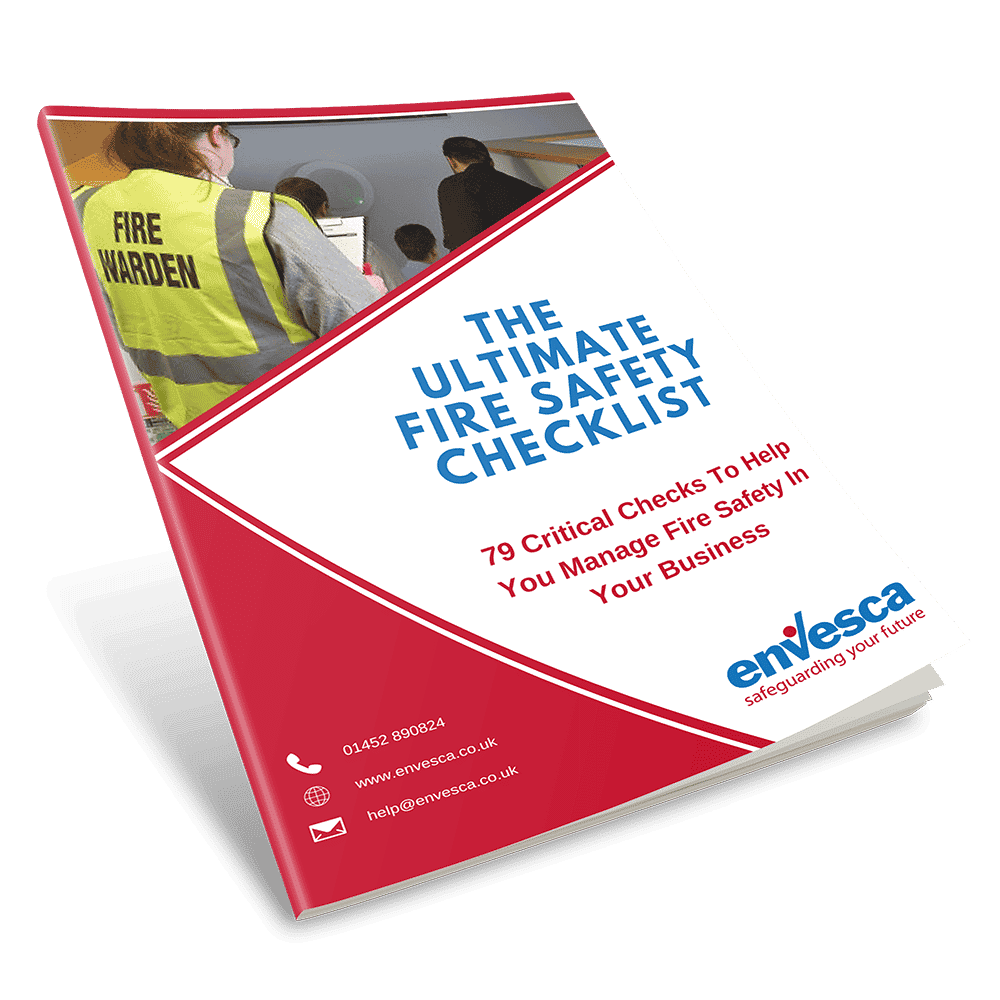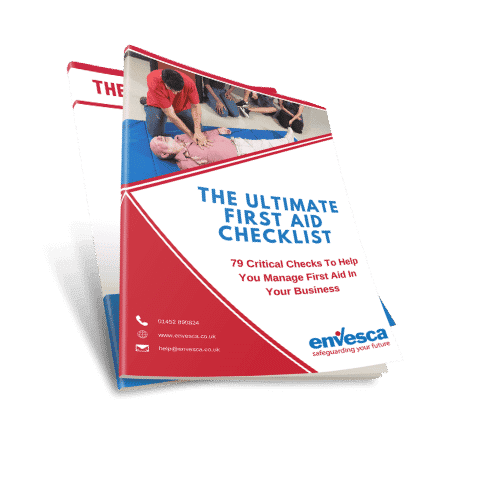How To Avoid Cross Contamination In Food?
The most common food safety question we get asked is by far “How to avoid cross contamination in food?” In this article, we share ten simple rules that will help you control cross-contamination in your business.
Just about everyone involved in the food industry; caterers, manufacturers and retailers, have heard of ‘cross-contamination. It’s also a fair bet pretty much everyone who prepares food at home has also heard of it. But ….
- Do we really know what we mean by it?
- Do we really know how to avoid it?
- Do we really always instil good practice in ourselves and our staff?

So what exactly is cross contamination?
Put simply, it is the way bacteria and other harmful micro-organisms get around a kitchen, factory or sales area. They cannot move on their own, thinking, “OK – I think I’ll pop over to that tea towel over there, ‘cos I’d like to hitch a lift onto that plate”. No, they have to be transferred and that is what cross-contamination is – the transferring of the organisms from one item to another.
It is one of the most common reasons why people end up ill through consuming food and yet it is one of the easiest things to eradicate – through simple but effective hygiene practices. And by the way, the “3, 5 or even 10-second rule” doesn’t exist!
Top Ten Tips
So here they are, the ten simple rules to follow to help you control cross-contamination in your business.
- Ensure colour coding is used consistently and rigorously, e.g. boards, knives, cloths etc.
- Make sure staff hand hygiene is observed meticulously with thorough training and supervision.
- If disposable gloves are worn, treat them as disposable, and wash hands before and after use.
- Correctly stack and store in refrigerators and chilled display units. Ideally, separate units for raw and high risk.
- Use disposable, single-use clothes.
- Ensure surfaces are cleaned and disinfected before preparing foods, especially between raw and high-risk foods.
- Use separate utensils for different food types, and beware of the ‘BBQ’ tongs mistake – using the same implement to put on raw meat and take off the cooked product!
- Wash salad crops and vegetables thoroughly in a clean, sanitized sink under running water to get rid of bacteria, viruses and chemicals present in the products which can cause food-borne illnesses.
- Oh, and don’t wash your chicken – there is no need to if you cook it thoroughly. If you do wash it, you’ll just end up spreading unseen Campylobacter bacteria around your kitchen.
- Be aware, that allergens can contaminate food too. Food should be stored and handled in a way that prevents them from coming into contact with each other; good hand washing techniques will also help.
And the golden rule about allergens? If in doubt, ask! Never, ever guess. It could cost someone their life!
Can you safely say that all ten rules are being carried out in your workplace? 100% of the time?
You can learn more about cross-contamination on our Food Safety Courses.
If you have a question or enquiry about food safety, please call the team on 01452 502113 or complete our enquiry form.
Find this helpful?
Signup to our email notifications to receive alerts when we publish new blogs. We promise not to spam your inbox, you will just get a short snappy intro to Health and Safety articles we think you will love.
"*" indicates required fields

The Ultimate Fire Safety Checklist
If you’ve got a question or query, please contact our super friendly team, they will be delighted to help you!
Simply get in touch via phone or email.

Free
Resources &
Downloads
Informative. Useful. Practical.
Here at Envesca we believe that we are good at giving proactive, sensible and useful advice. Below you will find some free resources that you can download on a host of subjects that will help you and your business.
Training Available
Envesca offer a number of different training courses, which offer advice and guidance on these topics.




